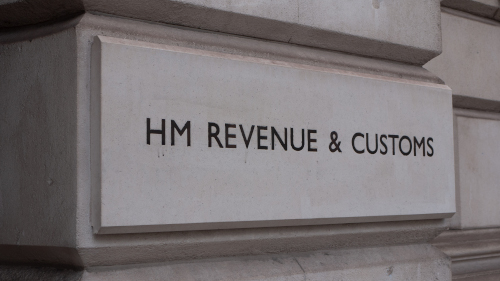HMRC urged to waive late tax return fines

The UK Government is considering calls to waive fines for late tax returns this year but has ruled out an official extension to the January 31 filing deadline.
Campaigners have argued that a third national lockdown has “changed the playing field” and increased further pressure on freelancers and small firms trying to stay afloat during the current pandemic. They have called for more help and are in discussions with The Chartered Institute of Taxation, which said it was considering how to ease the burden.
Before Christmas, HM Revenue & Customs said it would accept COVID-19 as a reasonable excuse for missing the deadline and would cancel penalties for those genuinely affected by the pandemic if they appealed. HMRC also extended the appeals window to three months.
However, Richard Wild, of the Chartered Institute of Taxation, said forcing firms to appeal against fines that no one expected to be paid was a waste of time.
He told The Daily Telegraph: “We have asked HMRC to waive late filing penalties for all returns filed before March 1 2021 in order to avoid adding further costs or compliance burdens.
“The new lockdown and increased incidence of the coronavirus has added to the challenges facing many taxpayers and has changed the playing field.”
The Association of Accounting Technicians has echoed calls for fines to be dropped. The association’s Phil Hall warned that late payment penalties, which can accumulate into the thousands if left unpaid, will surge.
He said: “Three lockdowns and the tier regime have certainly restricted many people from getting their tax information to their accountants in the usual way. It’s pretty obvious that the number of taxpayers filing late this year is going to be much higher than in previous years.”
Over a million individuals missed tax return the deadline last year. Almost 5.5m of some 12m self-assessment taxpayers are yet to submit returns for this year, with weeks to go before the deadline.
According to freelancer body IPSE, freelancers’ incomes dropped by 30% to record lows last year, while more than half of landlords reported a decline in earnings, according to the NRLA. IPSE added that one in five self-employed people will have to borrow money to pay their tax bills.
At the same time, many face paying additional tax bills previously deferred without penalty, on top of what they are due to pay at the end of January.
More than one million individuals were unable to claim Government help because they did not have a long enough tax return history or fell through cracks in the support schemes, with many getting by on next to no income.
HMRC has made it easier for those who will struggle to spread their payments over the year in more digestible payment plans, but they will face additional interest payments if they opt-in.
Andrew Chamberlain, of the IPSE, said 2020 had been a “financially devastating year for many of the self-employed and now their end of year tax bill will only add to their financial woes”.
He added: “We urge the government to do the decent thing here and adopt a lenient approach to self-employed taxes. In these extreme circumstances, it should certainly not penalise late payment.”
Sources at HMRC said it appreciated many were struggling and said everything was under constant review.
A spokesman said: “The government has carefully considered the arguments for extending the tax return filing date and waiving late filing penalties for returns received in February and has decided not to do so at this stage.”










